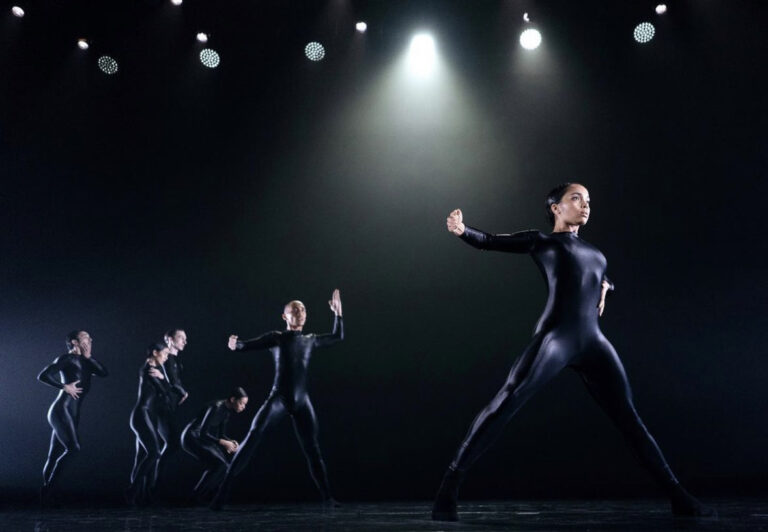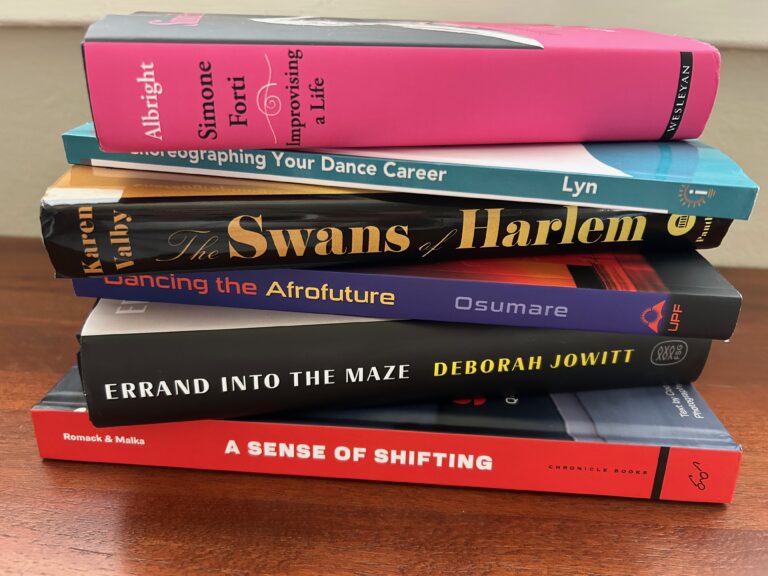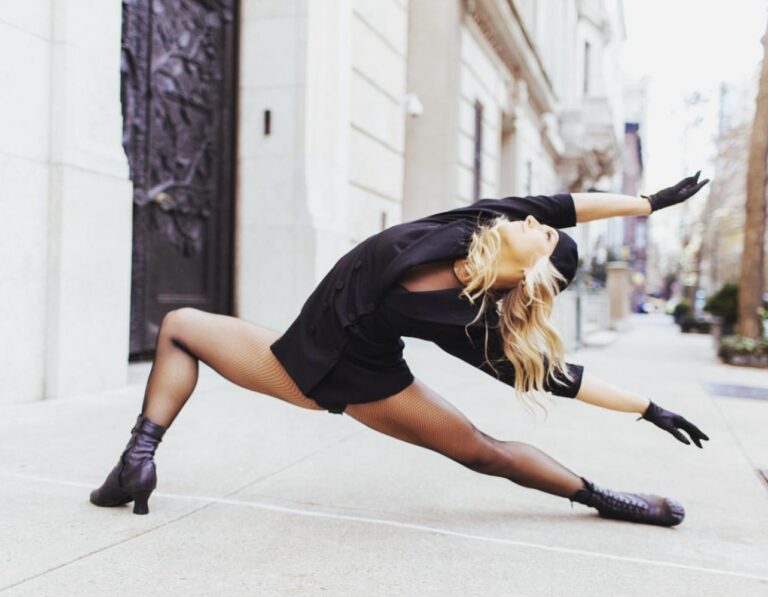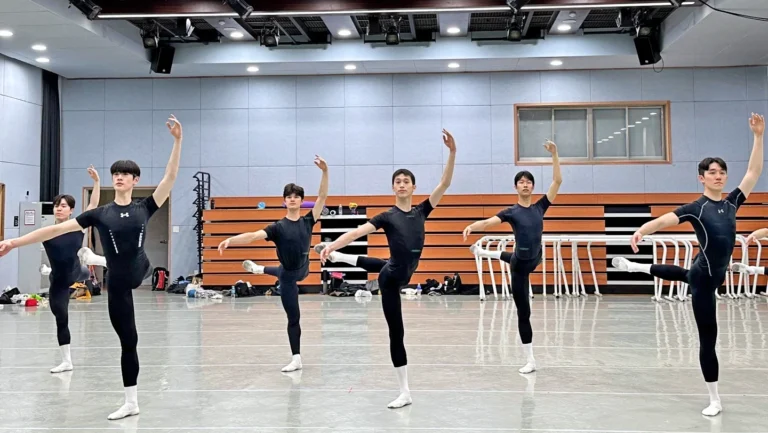Some teachers seem to effortlessly connect with their students, making any lesson fascinating—from dégagés to dance history. Becoming one of these teachers often comes down to the way you relate to your students. In Simply the Best: 29 Things Students Say the Best Teachers Do Around Relationships, authors Kelly E. Middleton and Elizabeth A. Petitt compiled a list of characteristics based on what students said in focus groups. Here are 13 examples, adapted by Dance Teacher to transfer from the classroom to the studio.
Students say, “The best teachers…”
“…know us personally.” Make a conscious effort to use a student’s name when giving corrections or compliments.
“…let us know who they are as individuals.” Students shouldn’t be your best friends, but tell them about some of your hobbies and interests outside of the studio.
“…smile at us.” Be aware of your face when you talk to students—a smile is worth a thousand words.
“…argue with us in a fun way in informal situations.” Before or after class, remember that your students enjoy a little humor just as much as you do.
“…check on us when we are sick.” If a child has missed consecutive classes, call home to check in or send a condolence card. They will appreciate how much you care and learn a lesson in compassion.
“…establish rules for everyone, including themselves.” If your students can’t check cell phones in class, neither should you. If they have a strict ballet dress code, consider donning a leotard and tights for class as well.
“…are consistent.” Students should know what to expect in class and what is expected from them every day. They should never have to adjust based on your mood.
“…are energetic, enthusiastic and enjoy their job.” Showing some excitement about dance class will encourage students to be excited about it, too.
“…help us on their own time with our work.” Staying after class to help a student perfect a combination is worth the effort. She’ll appreciate the personal sacrifice you’ve made.
“…are in control of the class.” No matter how much you want your students to like you, you should still be an authority figure. Students need limits and structure.
“…value our work and effort.” Don’t mislead students about the quality of their work, but keep comments motivational and practice constructive criticism.
“…tell us they believe in us and work with us to be successful.” Convince your students that they are capable of nailing a triple pirouette or winning that trophy. It may just become a self-fulfilling prophecy.
“…admit it when they mess up or make mistakes.” If you say something harsh or overreact in class, apologize for it and explain that teachers make mistakes, too.
(Photo ©istockphoto.com/Suzy Oliveira)



